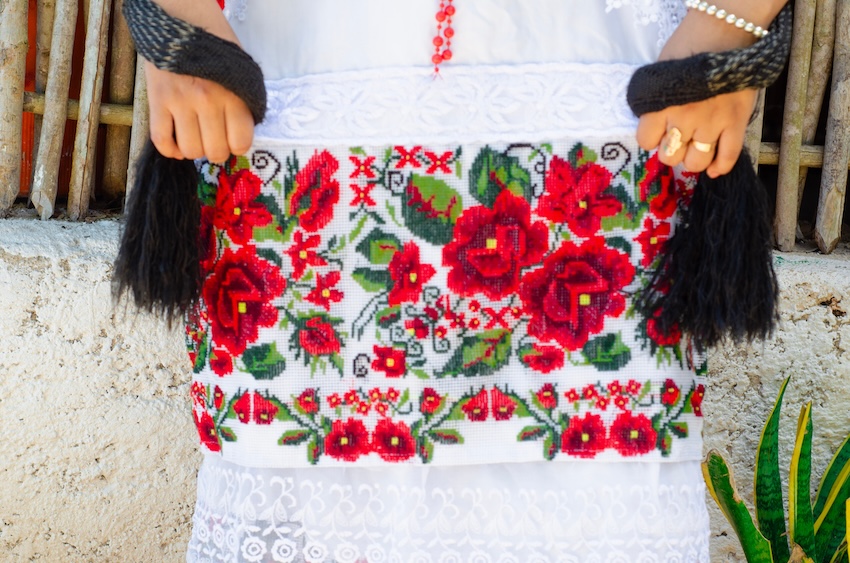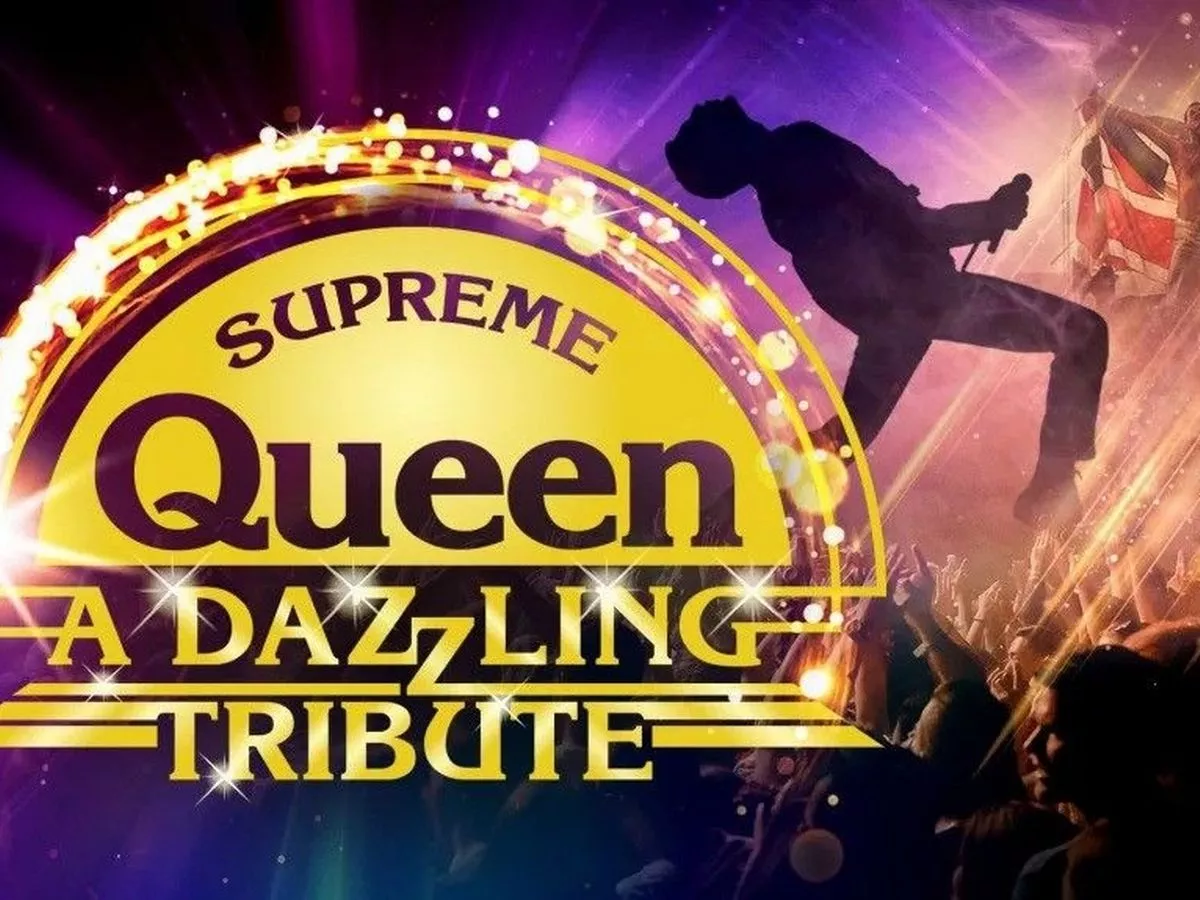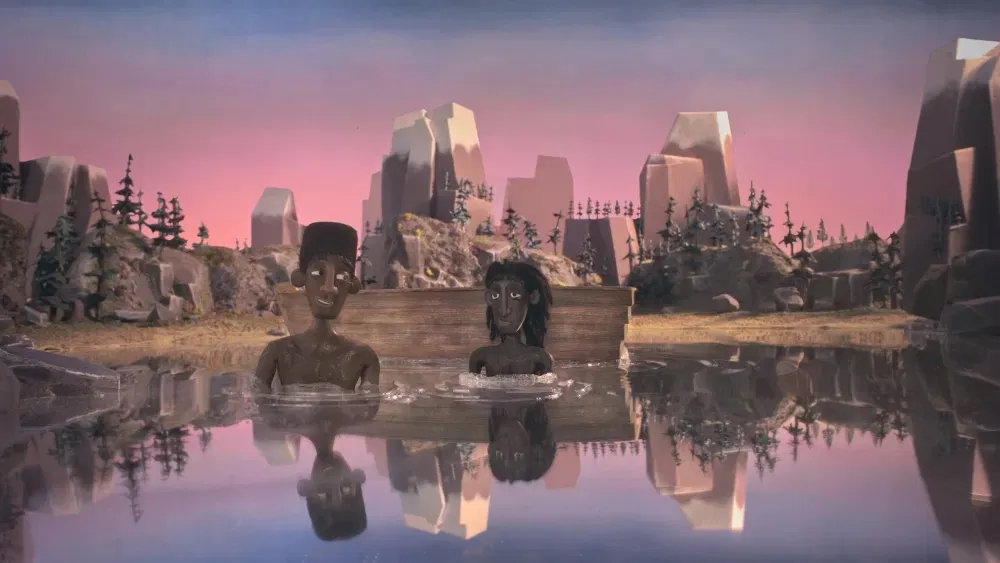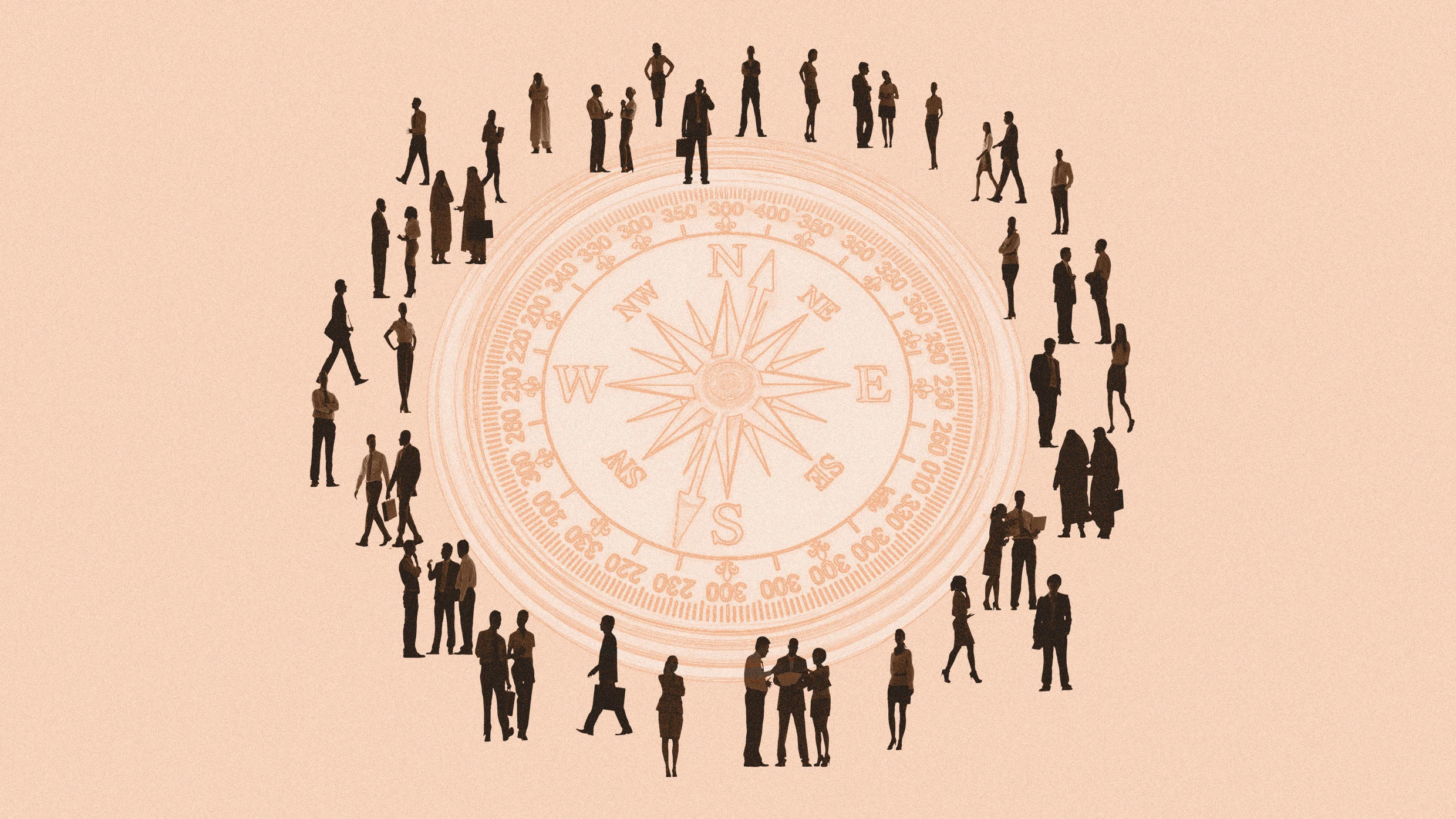By MND Staff
Copyright mexiconewsdaily

Cultural leaders from the Mexican states of Nuevo León and Yucatán are in Barcelona, Spain, this week, joining others from around the world in showcasing innovative community and heritage projects at UNESCO Mondiacult 2025.
Held for only the third time ever, the world’s largest cultural policy conference began on Monday. It will last for three days.
UNESCO is the acronym for the United Nations Educational, Scientific and Cultural Organization, and Mondiacult — a portmanteau of “mondial” (“worldwide” in Catalán) and “culture” — is shorthand for the UNESCO World Conference on Cultural Policies and Sustainable Development.
The first two versions of Mondiacult were held in Mexico City — in 1982 and in 2022.
This year’s gathering in Barcelona has brought together representatives from 194 countries for talks on global cultural policy and sustainable development.
The Mexican delegation includes Culture Minister Claudia Curiel de Icaza, Mexican Ambassador to UNESCO Juan Antonio Ferrer Aguilar and a number of other officials.
Topics on the agenda include digital technology, education, climate action and economic impact of programs. Emerging issues like peace and artificial intelligence are also under discussion.
Mexican officials will take part in a conference on cultural rights and heritage, and Diego Prieto Hernández will speak on advancing cultural democracy. Prieto is the head of Mexico’s Unit for Living Cultures, Intangible Heritage and Interculturality (UCVPII).
Cultural Spheres in Nuevo León
Nuevo León’s “Cultural Spheres” program will be featured as a community model that uses art spaces for social transformation.
The 6-year-old initiative has reached more than 2.1 million people in marginalized communities and stands as a flagship community intervention initiative driven by the belief that culture fuels social transformation.
Art-infused community centers offer free, accessible spaces designed for all ages and abilities, supporting integration, creativity and human development. Facilities include early childhood zones, multidisciplinary art workshops, music studios, libraries and theatres — all tailored to facilitate engagement throughout the day.
Maya embroidery in Yucatán
Yucatán is presenting its gender-sensitive Safeguarding Plan for Yucatecan Maya Embroidery, an innovative cultural policy linking ancient tradition to contemporary social and economic vitality.
The effort centers on protecting and professionalizing traditional embroidery, empowering over 300 artisans — mainly women — through the development of local and state safeguarding plans, official certifications, and organizational networks.
The plan, backed by UNESCO, recognizes Maya embroidery as both living heritage and an economic engine. Last December, 200 master embroiderers gained formal certification, allowing them to pass on their expertise with curriculum recognition.
These steps have helped strengthen community organization and support fair, culturally relevant business models, making embroidery a pillar of local development.
The program also aims to secure official recognition for Maya embroidery as part of Mexico’s national intangible heritage inventory, which would ensure institutional support and further economic resilience.
With reports from La Jornada and El País



